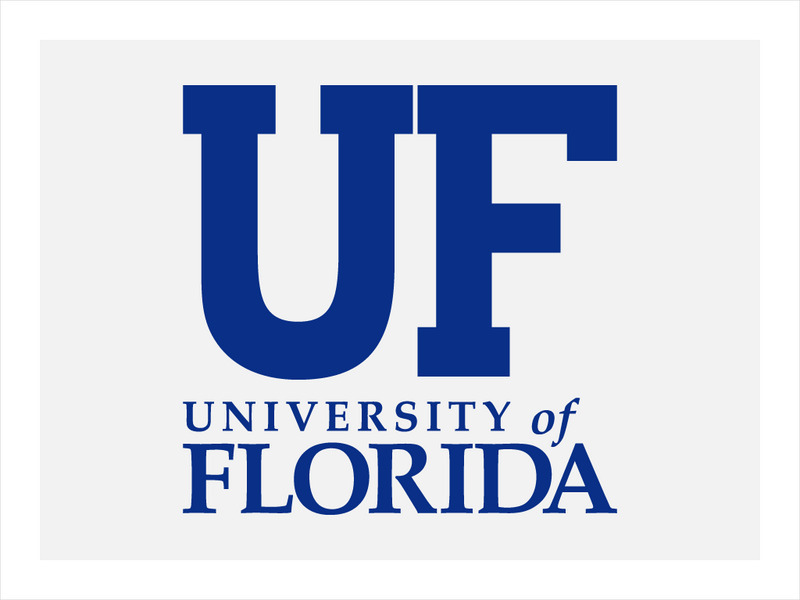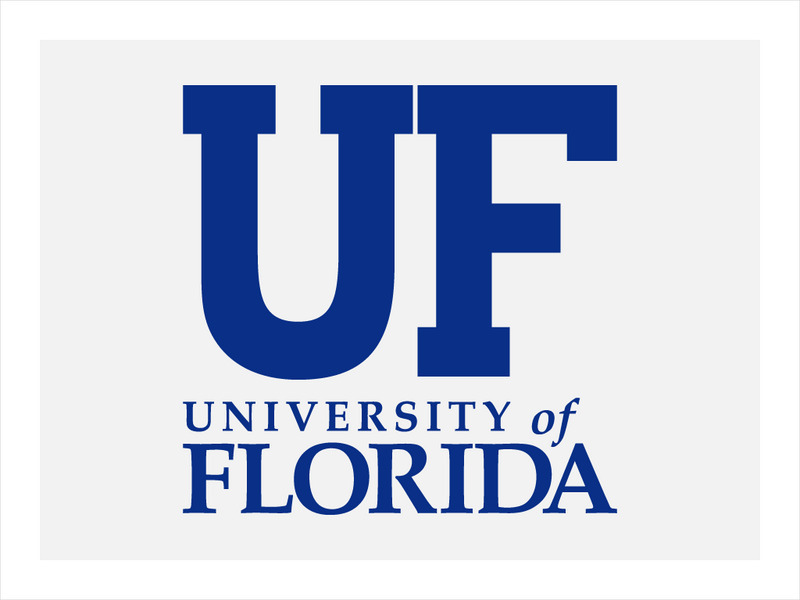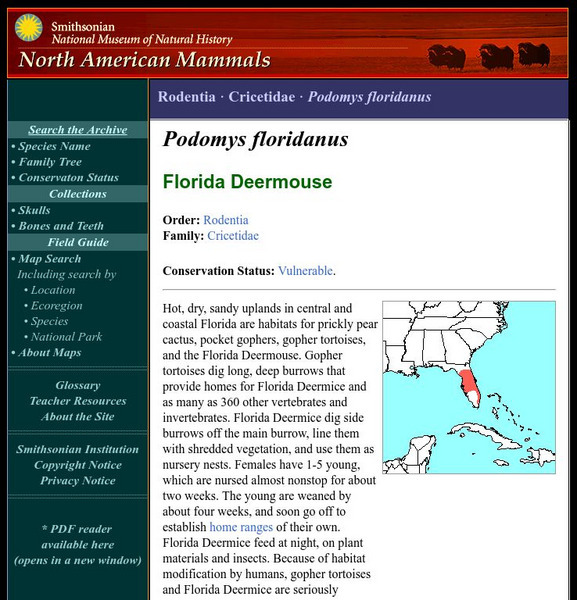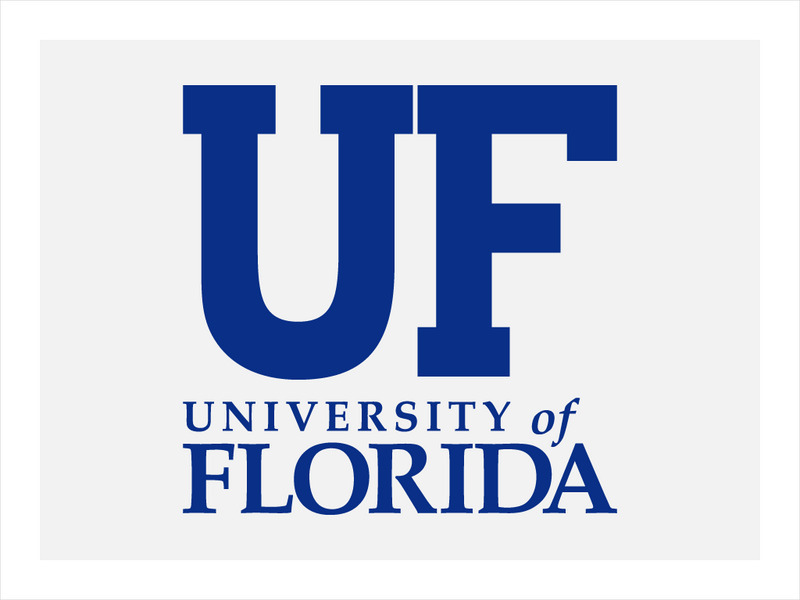University of Florida
Florida Museum of Natural History: Amphiprion Ocellaris: Clownfish Anemonefish
This comprehensive site provides an in-depth look at the clownfish along with colorful pictures and a helpful map showing where the fish live.
University of Florida
Florida Museum of Natural History: Sphyraena Barracuda: Great Barracuda
Very detailed information about the Great Barracuda. Get the taxonomy, common names, geographical distribution, habitat, features, food habits, reproduction, predators, importance to humans, and more.
University of Florida
Florida Museum of Natural History: Kitchen Science
This guide focuses on everyday substances and how we can change their properties by adding heat or cold, physically manipulating them, or mixing them together.
University of Florida
Florida Museum of Natural History: Physical Science
This guide focuses on four physical science topics that fascinate children and scientists alike. They are motion, magnets, sound, and light. With your guidance and support, these topics provide children with many opportunities to explore...
University of Florida
Florida Museum of Natural History: Plant Life
This teacher's guide focuses on the fascinating world of plants. Through books and other print materials, and exploration of actual plants, children will identify plants as living things, examine the parts of plants, experiment with what...
University of Florida
Florida Museum of Natural History: Our Natural World
The focus of this guide is the natural world around us and its aim is to foster children's understanding and appreciation of the environment right outside their doors.
University of Florida
Florida Museum of Natural History: Investigating Water
This guide engages children in the process of scientific inquiry using the context of a favorite early childhood pastime-water play.
University of Florida
Florida Museum of Natural History: Animals 1: Fur, Fins, Feathers, and More
This teacher's guide focuses on familiar animals such as mammals, birds, reptiles, amphibians, and fish.
University of Florida
Florida Museum of Natural History: Animals 2: Insects and Spiders
This teacher's guide focuses on the smaller animals that inhabit our world: insects and spiders. These fascinating creatures provide young children many hands-on opportunities to learn about the diversity of living things, how living...
University of Florida
Florida Museum of Natural History: My Body My Senses
This teacher's guide introduces children to the human body and the five senses and covers the major body parts and what they do. Children also will use their five senses to learn about the world.
Florida State University
Florida State University: Science, Optics & You: Timeline in Optics
A timeline from prehistory to modern days of advances in optics and related disciplines, and of the people responsible for them. The timeline is categorized into distinct spans of time, each accompanied by extensive information.
Florida State University
Florida State University: Women and Gender in Classical Athens
A lecture describing the marriage practices and legal status of women in Classical Athens.
Library of Congress
Loc: Parallel Histories: Exploration and Early Settlement
Read about the Spanish conquistadors who explored what was to become Spanish America. Included are links to digital collections from the Library of Congress and the National Library of Spain.
Curated OER
Usf: Jean Ribault Claims Florida for France
Find out about the early French settlements in Florida and South Carolina and the Spanish treatment of the settlers there. The site map will take you to many other articles about Florida history.
Houghton Mifflin Harcourt
Harcourt: School Publishers: Castillo De San Marcos
"The Castillo de San Marcos is the oldest European fort built of stone blocks in the United States. It is located in the town of St. Augustine, Florida."
University of South Florida
Exploring Florida: Nasa Photographs
This colorful display has numerous photographs taken throughout the history of Cape Canaveral. Images include shuttle launches, landings, and even the astronauts themselves. Captions are included with each picture.
Smithsonian Institution
National Museum of Natural History: American Mammals: Florida Mouse
Hot, dry, sandy uplands in central and coastal Florida are habitats for prickly pear cactus, pocket gophers, gopher tortoises, and the Florida Mouse. Gopher tortoises dig long, deep burrows that provide homes for Florida Mice and as many...
National Women’s History Museum
National Women's History Museum: Julia Tuttle
Meet Julia Tuttle, recognized as the only female founder of a major USA city - Miami! She recognized the potential of the area and was able to persuade H.Flagler to extend his railway to what is now Miami. The rest is history.
Other
Augustine.com: St. Augustine Slave Trade Market
The first public market in st. Augustine, Florida dates back to the era of slavery. Learn about the slave trade and the role it played in the city's early history as well as the modern civil rights movement.
University of Florida
Florida Museum of Natural History: About the Florida Bay
Explore the habitats found where the Everglades run into the sea. A wonderful resource for learning about a unique part of the world.
A&E Television
History.com: The Mariel Boatlift: How Cold War Politics Drove Thousands of Cubans to Florida in 1980
After Fidel Castro loosened emigration policies, some 125,000 Cubans landed on U.S. shores over a span of five months. The Mariel Boatlift of 1980 was a mass emigration of Cubans to the United States. The exodus was driven by a stagnant...
A&E Television
History.com: The Mariel Boatlift: How Cold War Politics Drove Thousands of Cubans to Florida in 1980
After Fidel Castro loosened emigration policies, some 125,000 Cubans landed on U.S. shores over a span of five months. The Mariel Boatlift of 1980 was a mass emigration of Cubans to the United States. The exodus was driven by a stagnant...
George Mason University
George Mason University: World History Sources: Hammurabi's Code
Nancy L. Stockdale. who teaches at the University of Central Florida, describes how she mediates a discussion of Hammurabi's Code with her students.
Florida-Spectrum Environmental Services
Florida Spectrum: Chemical Fact Sheet: Neon
Detailed information on neon, its properties, history and uses. A good resource for this element.
Other popular searches
- 4th Grade History Florida
- Florida History Archeology
- Teaching Florida History
- Florida History Projects
- Lessons on Florida History
- Early Florida History
- Florida History and Art
- Florida History Worksheets
- Florida History Archaelogy
- Florida History Lesson Plans
- Florida History Pioneers
- History of Florida




















